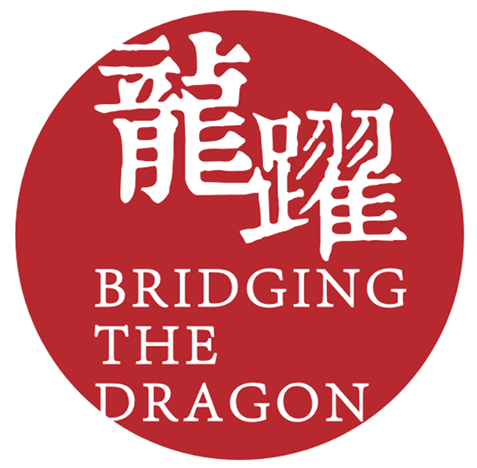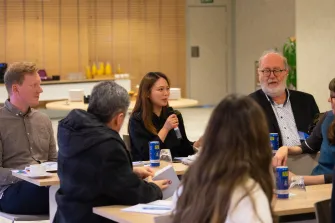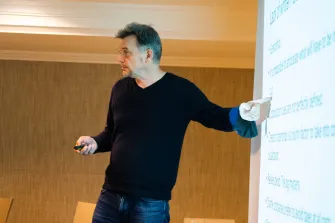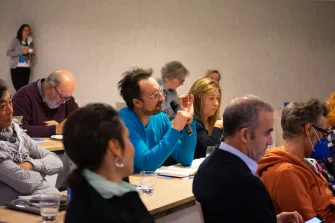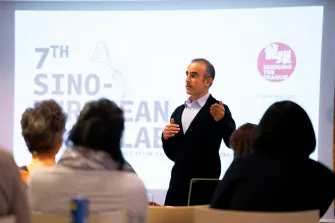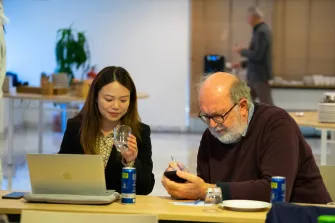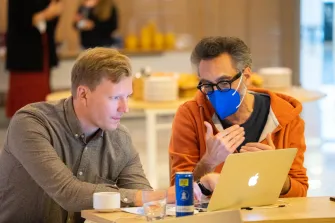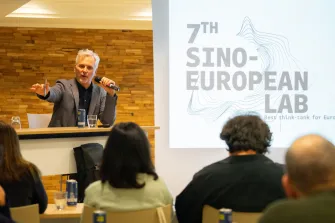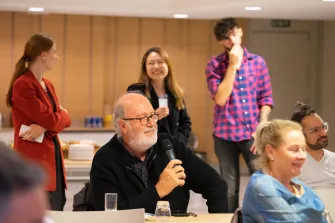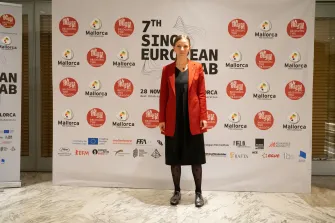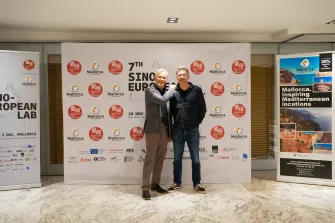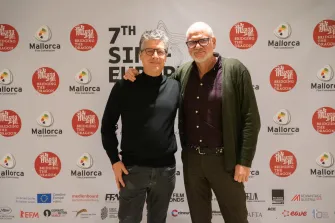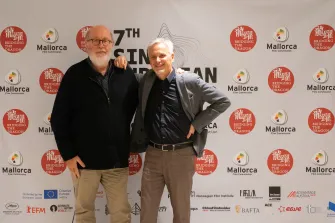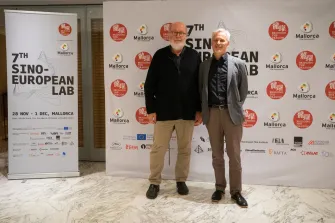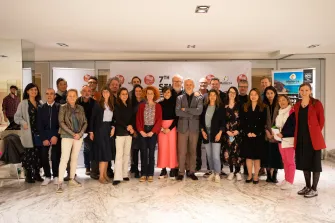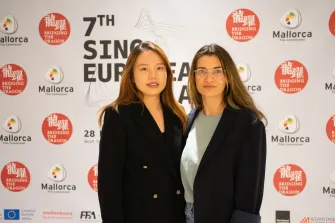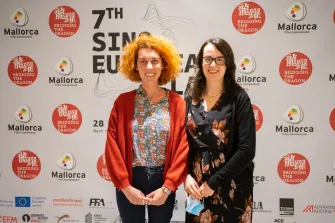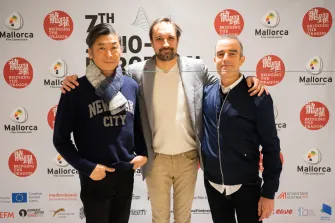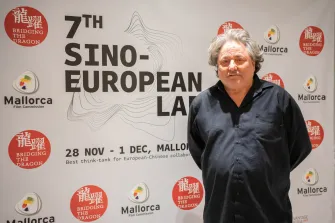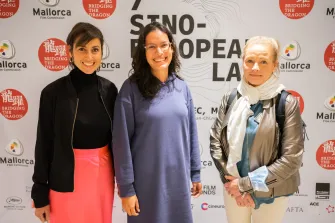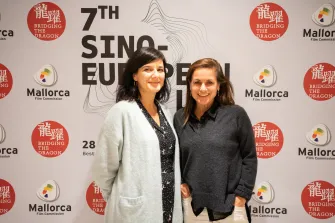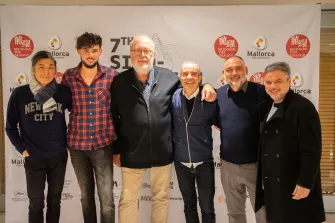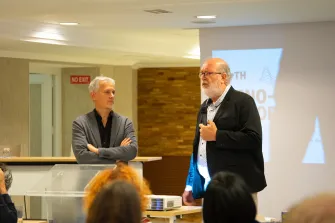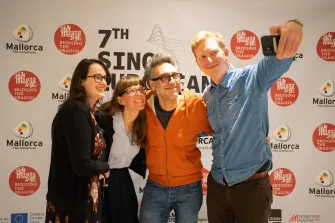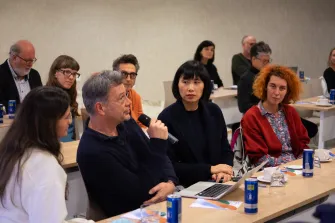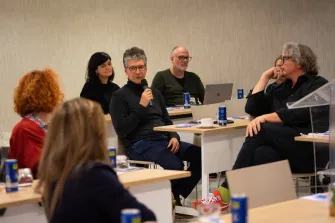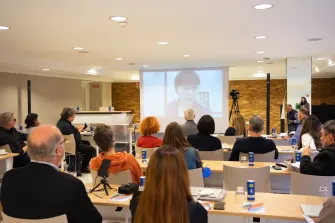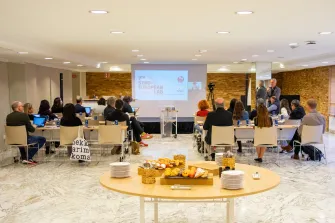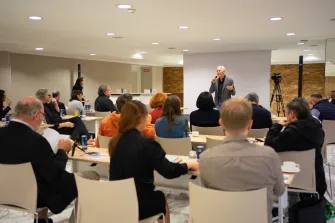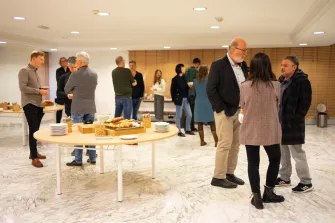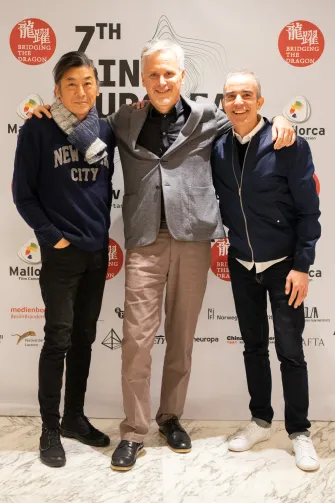7TH SINO-EUROPEAN LAB
Melia Palma Marina - Mallorca
28 November 2021 - 1 December 2021
In collaboration with the Mallorca Film Commission, we have successfully organized the 7th Sino-European Lab from 28th November to 1st December.
Known for being the only think-thank focusing on this pioneering topic, the 4-days intensive workshop took on an innovative hybrid form connecting a selection of China-focused European producers with their Chinese counterparts. Among them, representatives from German conglomerate Pantaleon Films, the production company of Matthias Schweighöfer, who starred in the recent Netflix hit Army of Thieves; leading Russian animation company Wizart Animation owner of the Snow Queen franchise; Red Bull's production arm Terra Mater Factual Studios (Austria); Latino series producer Dynamo, known for its series on Netflix Narco and Spanish genre specialist Filmax.
The various possibilities of Sino-European collaboration and the latest trend of Chinese film market were explored at the lab. To enhance their understanding about the industry, renowned figures like Cai Gongming, who has successfully introduced to China art house jewels such as Shoplifters or Capernaum and Patrick Huang CEO of Flash Forward Entertainment, well-known Taiwanese film production and distribution company (The Road to Mandalay, the recent Cannes presented Moneyboys) were invited as mentors to share their observations on various aspects of financing, distribution and co-production. At the center of the many discussions was the analysis of what kind of contents have a chance in the current Chinese market and what developments we can expect in the near future.
Patriotic dramas which portray Chinese characters as heroes and tear-jerking comedies are the major trends, as evidenced by the two highest-grossing films of this year, The Battle at Lake Changjin and Hi Mom. Beyond this, there is a growth of other genres such as animation, fantasy, science fiction, a sign of the increasing maturity of the industry. But in general, strong emotions have become a keyword in Chinese cinema.
Co-production, one of the most common forms of collaboration, hardly worked in China and even less now. One of the main reasons is that their stories could not be perceived by Chinese audience as authentic. A true understanding of the local culture is a fundamental element for success and that's why it was repeatedly stressed that having a reliable local partner and the major involvement of local creative heads is crucial as much as identifying the target audience.
Another rising trend is that of remakes, which provide a quick step into production for this content-hungry industry. In addition to original films, there have been an increasing number of remakes of foreign comics, novels, TV series and films. Many of them come from Korea or Japan, as their aesthetics are already closer to the Chinese taste. But there has been a growing attention to Europe which is cutting for itself a new special place in partial replacement of Hollywood.
Generally speaking, although the climate in the Chinese industry is going through a cold winter, movie theatres are still being built at an incredible speed and a large audience is still there. What we might expect by the end of next year is an easing up of policies and the reopening of exchanges.
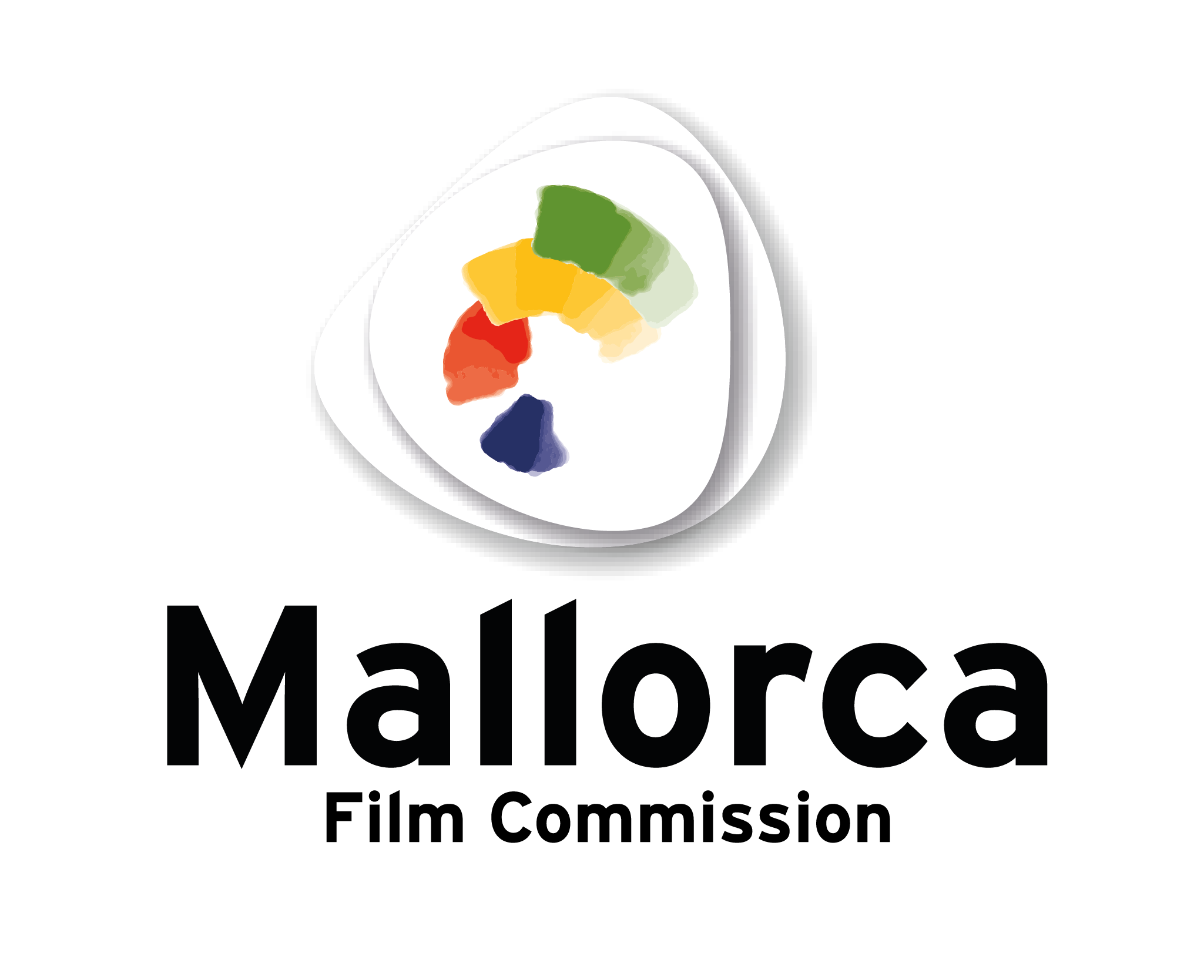
With the support of Creative Europe - MEDIA Programme of the European Union

